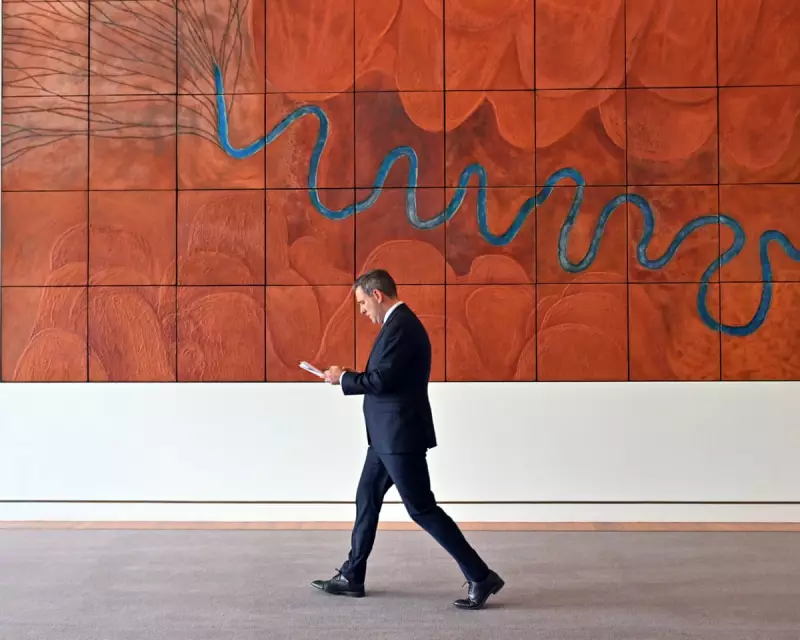
Australia's inflation rate has accelerated to 3.8% in the year to October, prompting Treasurer Jim Chalmers to signal potential additional energy bill relief for households in the upcoming midyear budget.
Inflation Drivers and Economic Pressure
The latest figures from the Australian Bureau of Statistics reveal significant price increases across essential services. Childcare costs have surged by 11% over the past year, while rents have increased by 4.2% annually. The ABS head highlighted that electricity prices remain 37% higher than last year, attributing this to what he described as a "huge valley" in energy prices during the same period last year when state government subsidies were at their peak.
Political Reactions and Economic Implications
The Coalition has seized upon the inflation uptick from September's 3.6% figure, with Ted O'Brien suggesting that borrowers should "kiss goodbye" any hopes of the Reserve Bank cutting the cash rate in the near future. The political pressure mounts as households continue to grapple with rising living costs amid economic uncertainty.
Broader Economic Context
The inflation data comes as the government faces multiple challenges, including legal battles over the Giuffre estate and controversial discussions surrounding RFK Jr's personal writings. Meanwhile, international tensions escalate with Israel's recent strike in Beirut killing at least five people and wounding 28, raising concerns about regional stability.
Domestically, other significant developments include revelations about Queensland police failures preceding the killing of First Nations woman Kardell Lomas, prompting calls for urgent independent national oversight of police responses to sexual violence cases.





